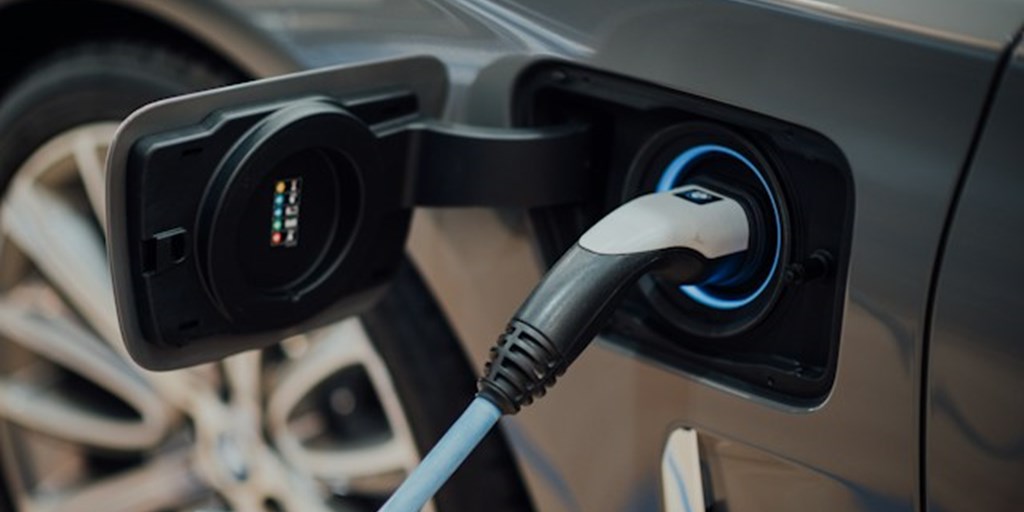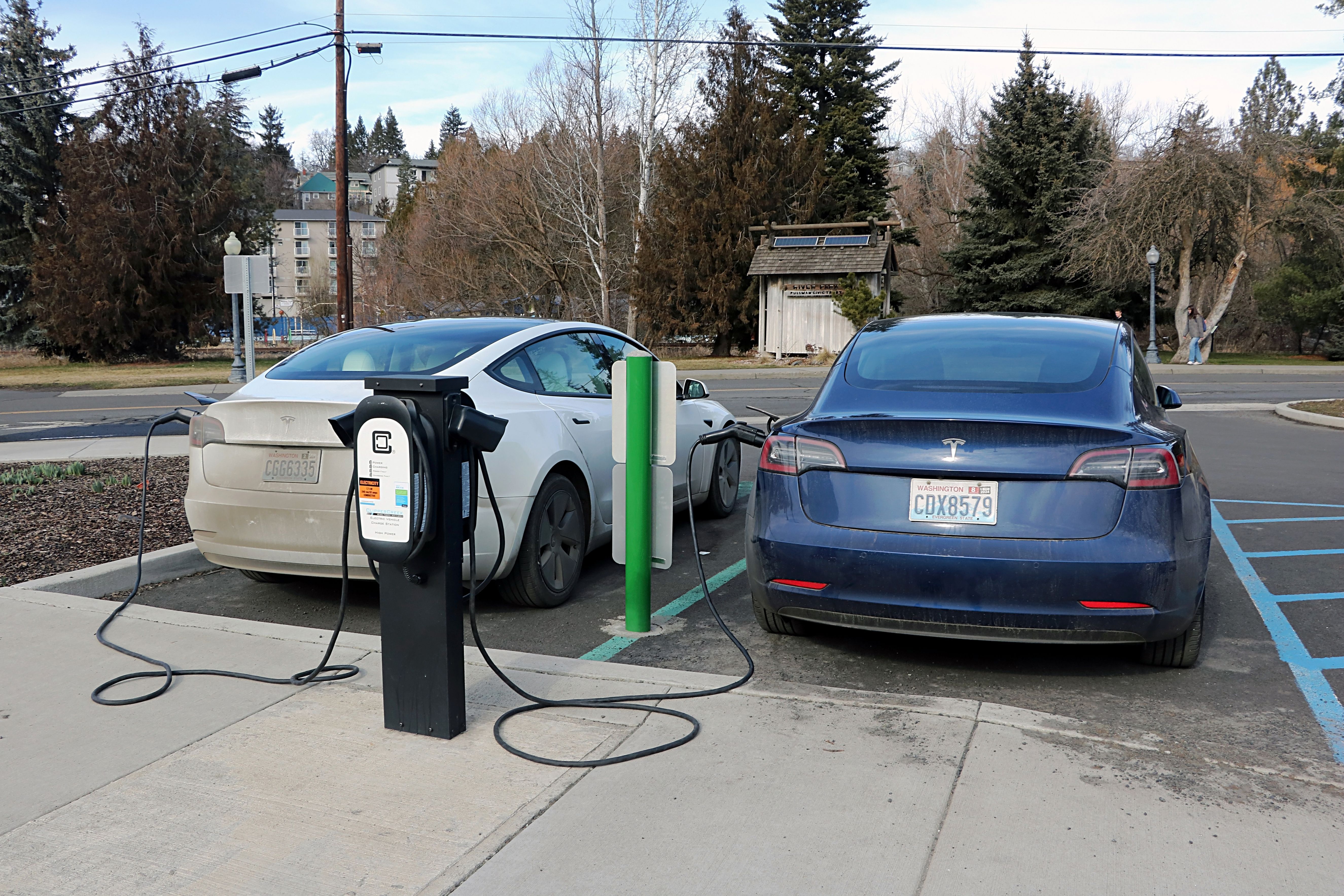Why 2024 Is a Game-Changer for EV Charging: Patterns and Insights
As we approach 2024, the electric lorry (EV) charging landscape is set for significant change, driven by the proliferation of ultra-fast billing stations and advancements in clever charging technologies. This advancement is underpinned by enhancing financial investments from both exclusive and public sectors, which guarantee to alleviate historical issues such as variety anxiousness. Moreover, the unification of renewable power sources along with beneficial federal government policies is most likely to redefine the sustainability and accessibility of EV infrastructure. These developments elevate vital inquiries concerning the future of EV fostering and the ramifications for consumers and sectors alike.

Growth of Ultra-Fast Charging Terminals
Exactly how quickly are ultra-fast charging stations changing the electrical car landscape? The spreading of ultra-fast billing stations is a pivotal growth in the EV sector, significantly enhancing the convenience and usefulness of electrical vehicle possession. These terminals, qualified of supplying billing speeds up to 350 kW, can charge an EV's battery to about 80% in just 15-30 minutes, successfully lowering variety anxiety amongst customers.
The growth of ultra-fast billing infrastructure is being driven by both private and public investments, showing a critical shift towards sustainable transportation solutions. Significant automotive suppliers and energy companies are collaborating to install these stations along significant highways and urban facilities, producing a comprehensive network that sustains long-distance traveling and day-to-day usage.
In addition, innovations in battery technology are complementing this growth, permitting vehicles to make the most of the enhanced billing rates. As the variety of ultra-fast billing stations proceeds to climb, they are anticipated to play a critical duty in increasing EV adoption, cultivating a shift towards a cleaner and more lasting future. This expansion not just improves customer experience however also strengthens the stability of electrical lorries as a mainstream transportation option.
Developments in Smart Charging Technology
With the increasing assimilation of electronic innovation in the electrical automobile field, advancements in clever charging modern technology are significantly enhancing the performance and ease of EV charging. Smart charging systems utilize connectivity and data analytics to enhance the billing process, enabling users to bill their cars when electricity prices are most affordable and require on the grid is minimal.

Interoperability is another important advancement, as brand-new criteria and procedures enable various EV models and billing terminals to connect seamlessly. This boosts individual experience by offering a lot more easily accessible charging options across different networks. Inevitably, the development of clever charging innovation stands for a substantial step towards a much more straightforward and sustainable EV environment, leading the way for broader fostering and integration into day-to-day live.
Assimilation of Renewable Resource Resources
The combination of eco-friendly power sources right into EV billing infrastructure is becoming progressively important as the need for sustainable options expands. This pattern not only helps in reducing the carbon impact linked with electric vehicle billing but additionally enhances grid durability by promoting decentralized energy production.
Solar and wind power are at the center of this assimilation, with many web billing terminals now integrating photovoltaic or pv panels or being integrated in distance to wind farms. These renewable resources can generate clean electrical power, supplying a sustainable energy supply for EVs. Furthermore, advancements in power storage technologies, such as batteries, help with the effective storage of excess energy generated throughout peak manufacturing hours, ensuring that billing terminals can run successfully even when eco-friendly generation is low.

Growth of Billing Infrastructure
As electric vehicle (EV) fostering increases, the development of charging framework has actually become an important emphasis for stakeholders throughout the auto and energy sectors - EV Charging news. The need for a robust and accessible billing network is important to support the expanding number of EVs on the roadway and to ease variety anxiousness among consumers
In 2024, we are seeing substantial financial investments from both public entities and exclusive firms focused on improving the investigate this site charging landscape. This includes the installation of fast-charging stations along highways and in metropolitan centers, which can reenergize EVs in a fraction of the moment compared to typical battery chargers. Furthermore, partnerships between car manufacturers and power carriers are facilitating the release of innovative charging solutions to fulfill varied customer requirements.
In addition, advancements in technology are resulting in smarter billing systems that maximize energy distribution and lower prices. The combination of these systems is vital for accommodating the expected rise sought after as more customers transition to electrical wheelchair. The growth of charging framework not only supports the EV market but likewise plays an essential role in accomplishing wider sustainability goals, making it a critical part in the advancement of transport.
Federal Government Plans and Incentives
Government plans and motivations are increasingly forming the landscape of electrical car (EV) fostering and billing infrastructure development. Governments around the world are identifying the urgent need to shift to cleaner transport alternatives, resulting in the execution of numerous efforts focused on increasing EV adoption. These plans usually include tax obligation credits, refunds, and gives for customers and businesses that purchase electrical lorries and billing terminals.
In enhancement to guide monetary motivations, lots of federal governments are developing enthusiastic targets for EV sales and mandating the setup of charging framework in brand-new developments. For circumstances, numerous countries have actually committed to eliminating interior combustion engine automobiles within the following years, developing a feeling of urgency that drives both consumers and makers towards electric alternatives.
Furthermore, public-private partnerships are becoming a vital component of these initiatives, assisting in financial investment in charging networks and making sure extensive access. By lining up regulatory frameworks with monetary incentives, governments are not just fostering a favorable setting for EV adoption however also dealing with problems connected to range stress and anxiety and billing availability. This robust policy landscape is set to make 2024 a pivotal year in the shift to electrical mobility.
Final Thought
The year 2024 is established to transform the electrical lorry charging landscape via the proliferation of ultra-fast charging terminals, advancements in smart billing modern technologies, and the integration of renewable resource resources. The growth of billing infrastructure, reinforced by supportive government plans and rewards, will certainly resolve range anxiousness and improve the allure of electrical vehicle ownership. Jointly, these growths will promote a obtainable and sustainable setting for electric vehicle fostering, ensuring a robust future for the industry.
As we approach 2024, the electric car (EV) billing landscape is established for substantial improvement, driven by the proliferation of ultra-fast charging terminals and innovations in clever charging modern technologies. The spreading of ultra-fast billing stations Recommended Reading is an essential development in the EV industry, significantly enhancing the comfort and feasibility of electrical lorry possession. Smart charging innovations assist in remote surveillance and administration, enabling users to arrange billing sessions through mobile applications.
Federal government plans and incentives are progressively forming the landscape of electrical automobile (EV) fostering and billing facilities advancement.The year 2024 is set to reinvent the electrical lorry charging landscape through the proliferation of ultra-fast charging stations, innovations in wise billing modern technologies, and the assimilation of renewable energy resources.